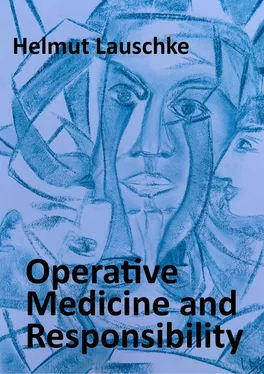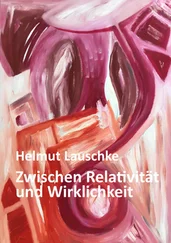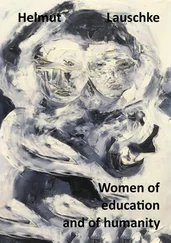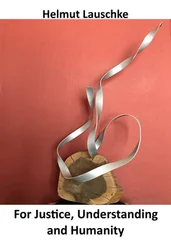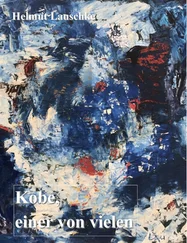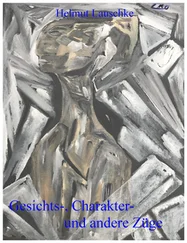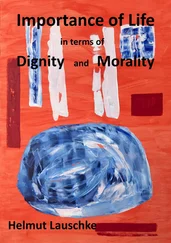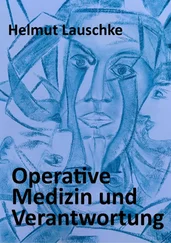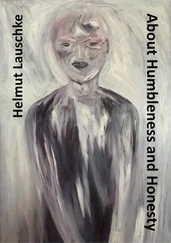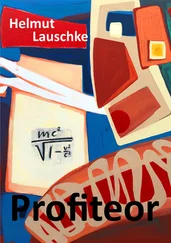Fearitself is the sudden falling out, waking up from the context of meaning in life and community, which is otherwise believed to be safe. You are at a distance from life, and this distance is approaching the abyss that you cannot overcome in the moment of fear. It becomes problematic that one cannot imagine being able to walk and overcome this distance with the abyss again. This fear of the abyss is of the utmost importance because there is no guarantee that you will return to the world of life unscathed in attempting to overcome the abyss. So at the end of this fear there is the realization of freedom in its ambiguity, also in the self-conception of personal responsibility.
Every new beginning of thinking is the basic motive when entering philosophy, in order to tap into the gigantic building of thought from the inside in new lines of thought, to marvel at, to supplement and to expand and formulate it according to the zeitgeist. The meaning of philosophy is the search for logical shortening by breaking down the search equations to resolve the unknown mathematical quantities of being.
The being that we can know is not being in the abundance of ideas. This being is “the encompassing” for the imagery or figurative emptiness. Because we cannot see being as a whole, it can only become conscious of its limits ( happiness, illness, loss, death ). (Jaspers)
If what is medically possible is neglected, then what is emotionally desired will not be achieved. (Jaspers) Man designs a philosophy whose axis is the forming nature of being of the human spirit. It comes to the philosophical outline of the human nature of being.
Fear became prominent as a philosophical term through Søren Kierkegaard and thereafter in existential philosophy. It has played a role since ancient ethics. While existential philosophy with Kierkegaard differentiates between fear and fear, this is not the case in ancient ethics (and also in theological tradition). The fear causes the mind to end up failing itself in trying to posite itself. For Kierkegaard, sin is an unsuccessful act of self-determination of the spirit or of freedom. Even on the level of the spirit that has fallen into sin, man lives in fear: "Sin entered with fear, but sin in turn brought fear with it". The fear in the state of sin is the fear of redemption from sin as "a nothing that the individual loves as much as it fears".
Progress in people as a personality
The concept of ‘progress’ lies in morality and personality. Since Socrates, virtue grows through virtue as a result of progressive education in the right way of dealing with people as role models through practice, knowledge and constant striving. The human being as a personality is capable of improvement in intellectual and moral terms, which his academic achievements prove to him early on.
It is the principle of applying the moving asymptote to the circle or the ellipse of the conic section of life that marks the progress in its recognition in learning and practicing and beyond to biological maturity. In the ethics of life and in full accountability, progress does not cease intellectually and morally for the duration of life.
Self-education goes through biological maturity, because what has been achieved in the pursuit of perfection is still imperfect. For society, as for humanity as a whole, there are moral education efforts, because what is valid for ontogeny is to apply to phylogeny. However, ethically this is very difficult or impossible to translate from a good theory of what humanism is supposed to include in daily practice. So progress to the end remains an exercise in which the desired goal of intellectual-moral perfection is not achieved for the duration of life.
What is the dream of utopia worth? If the dream gives the truth, then with the loss of the dream the truth is lost and vice versa. Truth and closeness to it are not always beneficial. The psychological value of utopia is undisputed, that it can cheer the masses of peoples to deeds, privations and to passions and great sufferings.
History teaches that myth, whether true or untrue, was mostly indispensable for better or for worse. The myths, even if they were utopian, worked wonders and captured the morals of the peoples. Often the ‘maturation process’ was based on an unwanted or politically wanted deception. The goal of the promise was often not achieved when people gave up their sacrifices in senseless battles.
The answer to the question of truth decides the progress both in detail and in the history of the peoples. In truth, what matters is ‘inner correctness’, that is, the deeds that are right and rightful. It is the true intention and the true parting that open or block the true path into the future.
The intellectual-moral freedom is the space for the high challenge of living with survival for the future. So the question of truth also throws a focal ray onto the ethics of moral utopia, which in the determination of goals retains its power in relation to the concept of progress.
Everyday life of the active doctor
The best way to measure the occupation of a doctor is the time it takes. The calling to be a doctor goes beyond this discretionary limit.
Federal Republic of Germany: Dr. Günther Jonitz, President of the Berlin Medical Association, complained that nowadays patient care is primarily subject to the economy - it is a scandal that the patient is no longer the focus of medical work. In the past few decades there has been a highly gratifying performance explosion in medicine and nursing - operations that were not performed in the 1960s, for example, are now routine. At the same time, more and more clinics were founded - but despite many health reforms, the costs in the health system could not be reduced. The health system is currently suffering from "soft rationing": there are too few doctors and in some cases not enough drugs. ('Assistant doctor' 06.11.2018)
The straight lines of motivation
There were enough children who were torn apart by mines; other children stood with water bellies. There were enough children who had lost their father or mother. It was children who couldn't make it as a child.
There were enough shell holes that reached as far as the hospital. There were more than enough machine gun salvos coming down from the water towers.
Then the wind blew over the corpses, covered them up completely emaciated; until then there were also no signs of how it happened, how it went, why, what for.
The misery foamed on the beaches, waves tore tender life back and forth; little hands beat helplessly against the walls, the coarse force broke them without resistance.
Saw the eyes in their sockets, grasped spindly arms, operated on bellies, with difficulty when it cramped in the empty bowel.
Hunger had driven them, then it drove them further into nowhere. Where did all that go, that there was something to eat for the children?
They still stand with their water bellies and wait for something more. They are still standing with the noises in the bowel, but not much longer, it will be too heavy.
What is the matter with the ties when children scream with hunger; see the starvation plastic in the plaster of Paris when you greedily rush to the full tables.
Can you endure eating when children sit in front of the door when they are hungry, too weak to stand, and the fat oozes from your mouths?
Storms will hit the land, the waves are already raging on rocky walls; no one will ask where you found your arm, leg or anything else.
Children are everywhere with their little hands, feet, and heads; starved, limp and crooked, they lie silent in the sand, on stones and between empty pots.
Читать дальше
